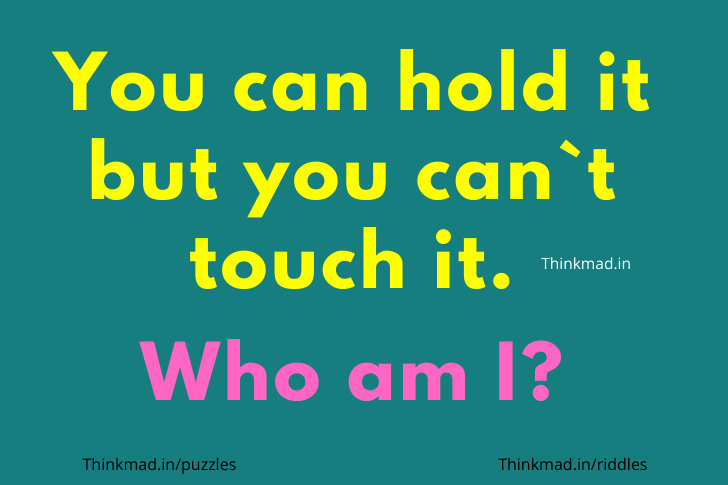When the celebrated German mathematician Karl Friedrich Gauss (1777-1855) was nine he was asked to add all the integers from 1 through 100. He quickly added 1 to 100, 2 to 99, and so on for 50 pairs of numbers each adding to 101. Answer: 50 X 101=5,050. What is the sum of all the digits in integers from 1 through 1,000,000,000? (That’s all the digits in all the numbers, not all the numbers themselves.)
Answer: The numbers can be grouped by pairs: 999,999,999 and 0; 999,999,998 and 1' 999,999,997 and 2; and so on.... There are half a billion pairs, and the sum of the digits in each pair is 81. The digits in the unpaired number, 1,000,000,000, add to 1. Then: (500,000,000 X 81) + 1= 40,500,000,001.
Solution:
Show Answer
The numbers can be grouped by pairs:
999,999,999 and 0;
999,999,998 and 1′
999,999,997 and 2;
and so on….
There are half a billion pairs, and the sum of the digits in each pair is 81. The digits in the unpaired number, 1,000,000,000, add to 1. Then:
(500,000,000 X 81) + 1= 40,500,000,001.
Show Answer
999,999,999 and 0;
999,999,998 and 1′
999,999,997 and 2;
and so on….
There are half a billion pairs, and the sum of the digits in each pair is 81. The digits in the unpaired number, 1,000,000,000, add to 1. Then:
(500,000,000 X 81) + 1= 40,500,000,001.
Share with
You may also like..
Ripped from my mother’s womb, Beaten and burned, I become a blood-thirsty slayer. What am I?
Answer: Iron ore.
Solution:

You can see me but you cannot touch who I’m I? riddle answer
Answer: your breath.
Solution:
Puzzle answer: Can you name something you look at but cannot touch?
shadow
(we see it every day, ever tried to catch it)
software
(you can see this answer but you can’t touch it)
cloud’s
(you can go up there in cloud’s, but you can’t touch them)
sun
(its a real object, but the heat from it can’t allow us to touch it)
dreams
(tonight i was in Lamborghini but i couldn’t touch it even though i was in it, in my dream)
emotions
(ever seen an angry face, you can see both the anger and face but can touch only the face)
light
(light coming in a dark room through a small hole making a pipe type structure, but can’t be touched)
Share your answers and thoughts in the comments box below
Solve this if your genius: what is () + () + () = 30 by using 1,3,5,7,9,11,13,15
Show answer
Answer : Shadow
Knowledge increases by sharing 🙂
Puzzle answer: Can you name something you look at but cannot touch?
shadow
(we see it every day, ever tried to catch it)
software
(you can see this answer but you can’t touch it)
cloud’s
(you can go up there in cloud’s, but you can’t touch them)
sun
(its a real object, but the heat from it can’t allow us to touch it)
dreams
(tonight i was in Lamborghini but i couldn’t touch it even though i was in it, in my dream)
emotions
(ever seen an angry face, you can see both the anger and face but can touch only the face)
light
(light coming in a dark room through a small hole making a pipe type structure, but can’t be touched)
Share your answers and thoughts in the comments box below
Solve this if your genius: what is () + () + () = 30 by using 1,3,5,7,9,11,13,15
Show answer
Answer : Shadow
Knowledge increases by sharing 🙂



 Animal Riddles
Animal Riddles  Classic Riddles
Classic Riddles  Current Affairs
Current Affairs  Difficult Riddles
Difficult Riddles  Dirty Riddles
Dirty Riddles  Easy Riddles
Easy Riddles  Food Riddles
Food Riddles  Good Riddles
Good Riddles  Kids Riddles
Kids Riddles  Math Riddles
Math Riddles  Riddles
Riddles  Short Riddles
Short Riddles  What am I ?
What am I ?